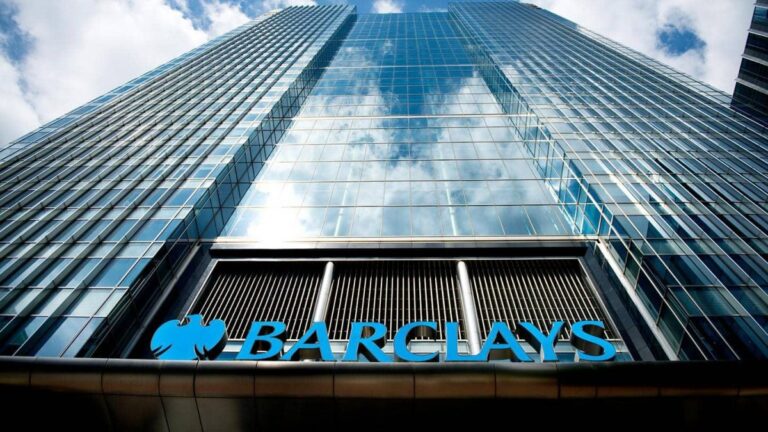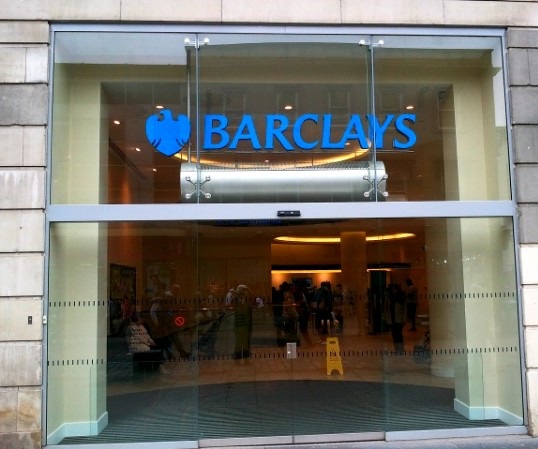Barclays (LON:BARC) has appointed Dawn Fitzpatrick and Mohamed A. El-Erian as non-executive Directors. Ms Fitzpatrick joined the Board effective 25 September 2019, and Dr. El-Erian will join the Board on 1 January 2020.
Ms Fitzpatrick is currently Chief Investment Officer of Soros Fund Management LLC (SFM) where she oversees approximately US$25bn under management and the firm’s day to day operations including portfolio management, capital allocation and risk management. Prior to joining SFM, Ms Fitzpatrick spent 25 years at UBS and its predecessor organisations, most recently as Head of Investments for UBS Asset Management, where she oversaw the management of approximately $500bn of client capital, its Investment Solutions team, and the O’Connor hedge fund business. She currently serves on The New York Federal Reserve’s Investor Advisory Committee on Financial Markets and the Advisory Board and Investment Committee of the Open Society Foundations’ Economic Justice Program.
Mohamed A. El-Erian is chief economic adviser at Allianz, the corporate parent of Pimco, where he served as chief executive and co-chief investment officer (2007-2014), and President-elect of Queens’ College Cambridge. A columnist for Bloomberg View and a contributing editor at the Financial Times, he previously chaired President Obama’s Global Development Council, was Deputy Director at the International Monetary Fund, a Managing Director at Salomon Smith Barney, and president and CEO of Harvard Management Company. Dr. El-Erian has published widely on international economic and finance topics. Having served on the boards of the US Treasury Borrowing Advisory Committee, the International Center for Research on Women, the Peterson Institute for International Economics, the IMF’s Committee of Eminent Persons and the New York Federal Reserve’s Investor Advisory Committee on Financial Markets, he is currently a trustee of several non-profit boards, including the National Bureau of Economic Research, is a Board member of Under Armour, and has been chair of Microsoft’s Investment Advisory Board since 2007.
These appointments reflect Barclays’ commitment to the strengthening of its Board through the addition of further high quality and highly respected individuals possessing a wide and deep knowledge of the group’s markets and businesses.
There is no additional information required to be disclosed in relation to Ms Fitzpatrick or Dr. El-Erian pursuant to paragraph LR9.6.13R of the Listing Rules of the Financial Conduct Authority.
Changes to Board Committees and subsidiary Boards
The Barclays PLC Board is committed to maximizing the effectiveness of the group’s governance through simplification wherever possible, avoiding duplication and ensuring that the most critical issues are handled directly by the Barclays PLC Board. These core objectives have led it to consolidate membership of the board of its subsidiary Barclays Bank PLC with that of the main Board, and to review its role in relation to the important matters which had been the primary responsibility of the Reputation Committee.
Therefore, to create a simpler, more efficient governance structure the Board of Barclays Bank (BB) PLC has been reconstituted with its membership drawn exclusively from the Barclays PLC Board. Effective 25 September 2019, the composition of the BB PLC Board is as follows: Nigel Higgins (Chairman), Jes Staley, Tushar Morzaria, Mike Ashley, Tim Breedon, Mary Anne Citrino, Dawn Fitzpatrick, Mary Francis, Matthew Lester, Diane Schueneman. Mohamed A. El-Erian will join this Board when he joins the Barclays PLC Board, on 1 January 2020. Given the nature of their respective roles, neither Sir Ian Cheshire, the Chairman of Barclays Bank UK PLC, nor Crawford Gillies, the Senior Independent Director of Barclays PLC, have joined the Board of BB PLC.
In addition, the Barclays PLC Board has reviewed the responsibilities of its Reputation Committee and has decided to reallocate those responsibilities between the main Board and the Risk Committee. The Board considers that culture, environmental matters and oversight of the organisation’s reputation should be addressed by the full Board, rather than by a committee, and direct responsibility for addressing these matters has therefore transferred to the Board itself. Responsibility for the oversight of the Compliance function, and for conduct risk has transferred to the Risk Committee to allow a holistic view of financial and non-financial risks. In consequence of these changes the Reputation Committee has been disbanded.
The Board of Barclays Bank UK PLC remains unchanged.







































